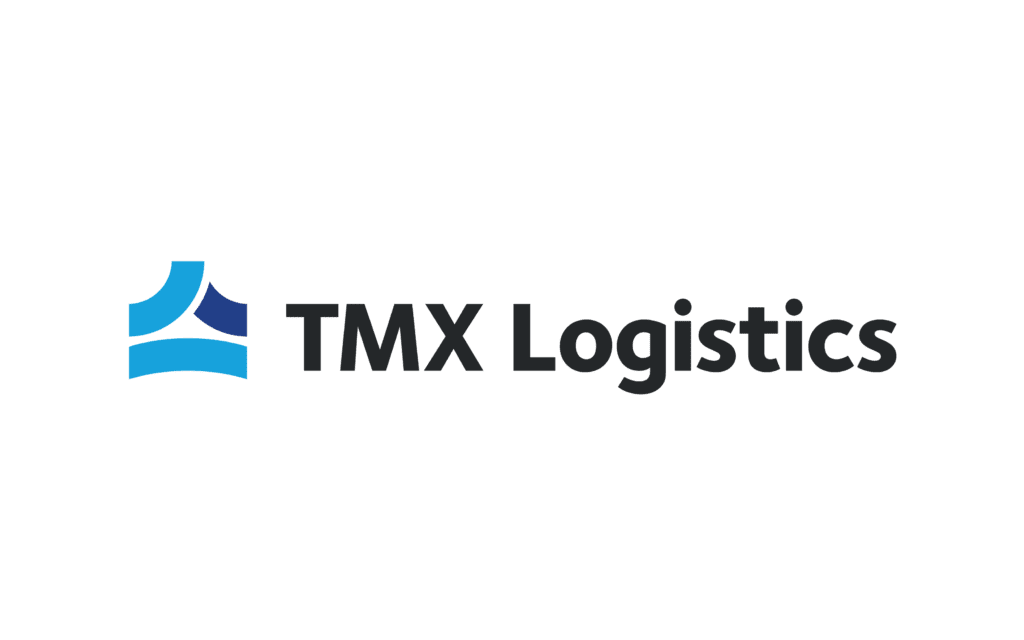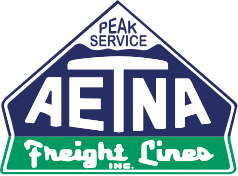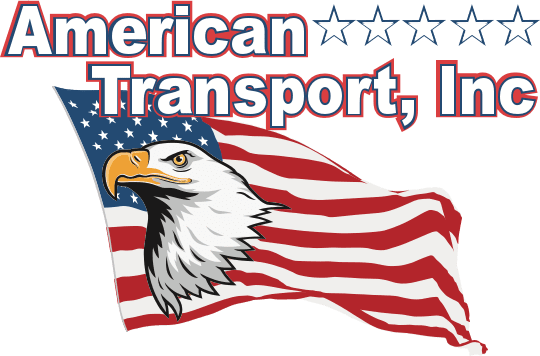Why great carrier relationships are a broker’s real edge—and a shipper’s best shot at reliable delivery.
Most shippers choose brokers based on the usual suspects: price, tracking tools, and responsiveness. And on paper, that’s understandable.
What those metrics miss is the moment things go off-script. A storm closes an interstate. A truck breaks down halfway through Iowa. Capacity tightens with zero warning. In those moments, service doesn’t hinge on software or rate sheets. It depends on something harder to quantify: long-standing relationships.
The Hidden Influence of Carrier Networks
Carrier relationships influence nearly every aspect of broker performance: on-time delivery, pricing consistency, problem resolution, and ultimately, service reliability. Scorecards make that impact visible.
Many large shippers use scorecards to assess their carriers and brokers. A scorecard is more than a performance review. It’s a monthly report card that can make or break a broker’s ability to earn freight. Most include:
- On-time pickup and delivery percentage
- Paperwork accuracy and billing compliance
- Carrier service issues, often broken down into subcategories like missed appointments, communication issues, equipment problems, or driver conduct
And the bar? It’s high.
“If you’re not at 90% on-time delivery, you’re not getting freight, and that threshold just keeps rising,” says Nick Hayes, Director of Strategic Capacity at Bridgeway.
Post-COVID, many shipping departments have doubled down on accountability. Dedicated teams now review scorecard performance in detail. Most have invested in better systems and hired supply chain analysts to sharpen service metrics and retain their own customers.
Any inconsistency in carrier behavior—from late arrivals to misfiled documents—gets flagged. For brokers, the message is clear: deliver consistently or fall behind.
That’s why surface-level solutions don’t cut it. A flashy platform or low rate might help once, but it won’t keep you in good standing. Maintaining consistency often comes down to working with carriers who know the customer’s expectations—drivers who know the routes, timing, and stakes.
“You can’t control the scorecard without good carrier relationships,” says Hayes. “When a driver’s familiar with a facility and expectations, they know how to get it done—and done right.”
That’s the real difference between brokers who succeed and brokers who scramble: the ones with real networks don’t just react to problems. They prevent them.
How Strong Carrier Relationships Show Up in Service
At Bridgeway, we treat our carriers like partners—because they are. That means fair pay, clear expectations, quick follow-up, and consistent lanes, which creates predictability for everyone involved.
Ultimately, that leads to better performance for our customers and a more stable life for the people doing the hauling.
“If you want the best service, you have to have good carriers with good relationships,” says Hayes. “Most brokers are trying to book the most freight for the least cost. But if you poll 100 carriers, they’ll all say the same thing: I work with who treats me right.”
Many of our preferred carriers have been with us for years. Over 2,000 carriers have been running loads with us consistently from 2020 to 2025. They know the lanes, the loads, and the expectations. When something changes, they don’t panic, they adjust, because they know we’ve got their back. Preferred carriers are our first call when a good load is available. Having an established relationship makes navigating conflicts and working through issues easier.
Why Tech Can’t Replace Trust
Platforms, portals, and AI-powered support are reshaping how freight gets moved. Carriers now expect tools that let them book loads after hours, upload paperwork from the cab, and track payments, no phone call needed. AI is helping brokers quote faster, automate paperwork, and flag issues in real time.
At Bridgeway, we’re building tools to support all of this. A new driver app and carrier portal will offer flexibility without sacrificing reliability—supporting a faster, smoother experience from dispatch to delivery.
Even so, Hayes emphasizes that tech works best when it builds on something deeper. “When I was a broker, I had the technology. But I built the relationships first—and then used automation to make things easier. Too many people skip the relationship part and try to rely on tech alone.”
Across the industry, the number of carrier reps is shrinking, as some firms go all-in on digital-only approaches. But cutting out the human side has a cost.
“You can’t beat that personal touch,” Hayes adds. “We’re all people. If a driver knows and likes you, you’ll get better service.”
The brokers that will win in this new landscape are the ones who combine tech-enabled speed with relationship-driven service—the kind where a dispatcher picks up your call because they know who you are and want to help.
That’s the Bridgeway approach: invest in tools that make the job easier, without losing sight of the people doing it.
What Shippers Gain from Real Carrier Relationships
Why should shippers care about their broker’s carrier relationships?
- Because they’re the difference between freight picked up at 8 a.m. and freight still sitting on a dock at noon.
- Because they help hold the line on pricing during volatile markets.
- Because they’re the reason some freight moves seamlessly—while other shipments stall out.
When the market tightens, loyal carriers prioritize brokers they trust. That means better coverage, fewer delays, and more consistent pricing for shippers. In an industry built on moving parts, it’s still the human connections that drive performance.
How to Vet a Broker’s Carrier Network
Want to know if a broker truly values carrier relationships? Ask them:
- What’s your average carrier tenure?
- How do you handle payment terms?
- What’s your communication process during a disruption?
- How do you ensure our freight is prioritized?
- How many of your carriers have been with you for over two years?
If a broker can’t answer clearly, it’s worth thinking twice about working with them.
Relationships Win Freight—Not Just Rates
Technology may shape the freight business—but it’s relationships that still move it.
A load board won’t get your product off a dock when the forklift breaks. A chatbot won’t negotiate with a frustrated driver at midnight. When the unexpected happens—as it always does—it’s the people on the other end of the line who make the difference.
At Bridgeway, we’ve built a network of trusted carriers, backed by tech that works, and led by people who care. That combination is why our shippers and carriers stick with us, year after year, through tight markets and strong ones.
Need a partner who delivers under pressure? Let’s talk.













